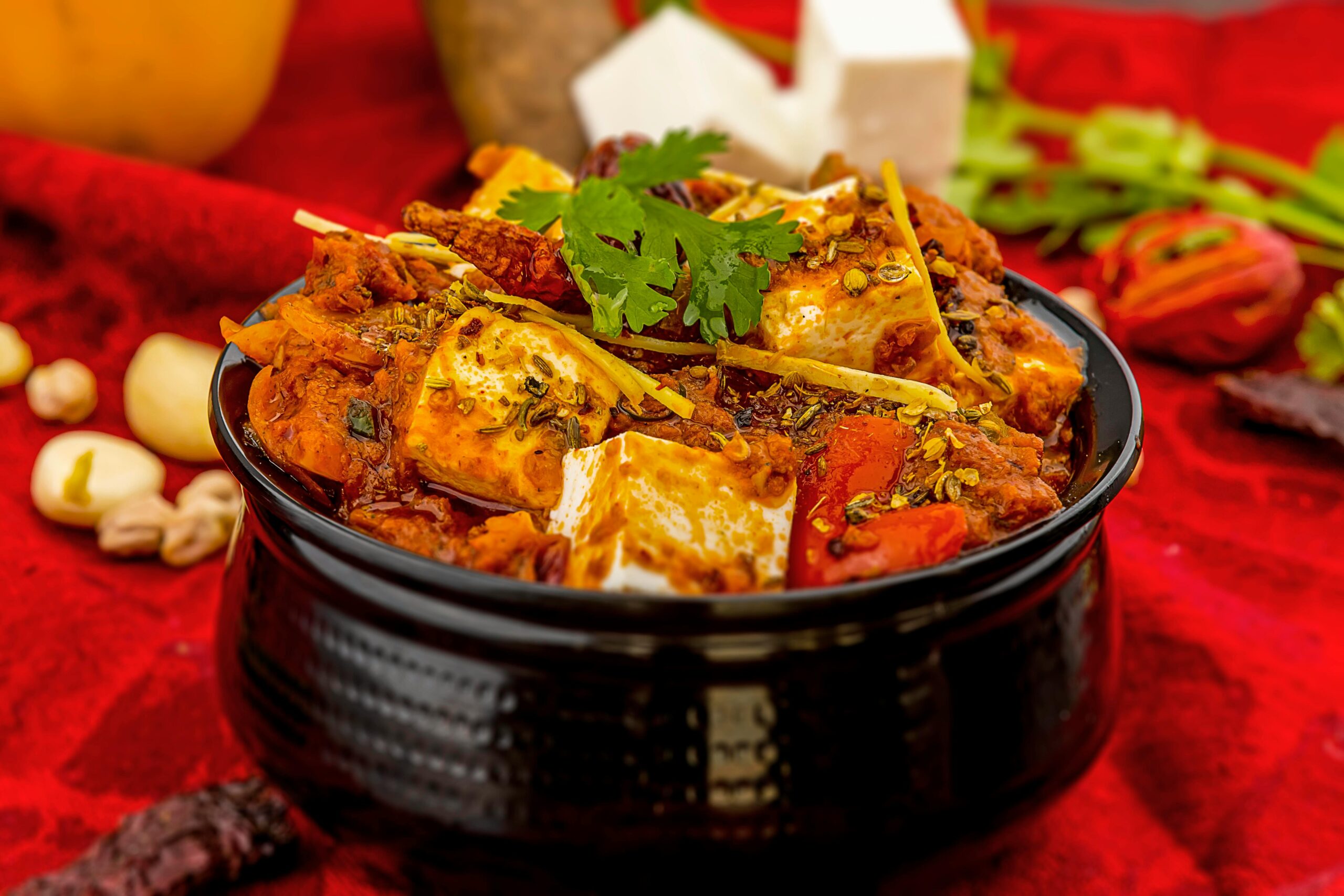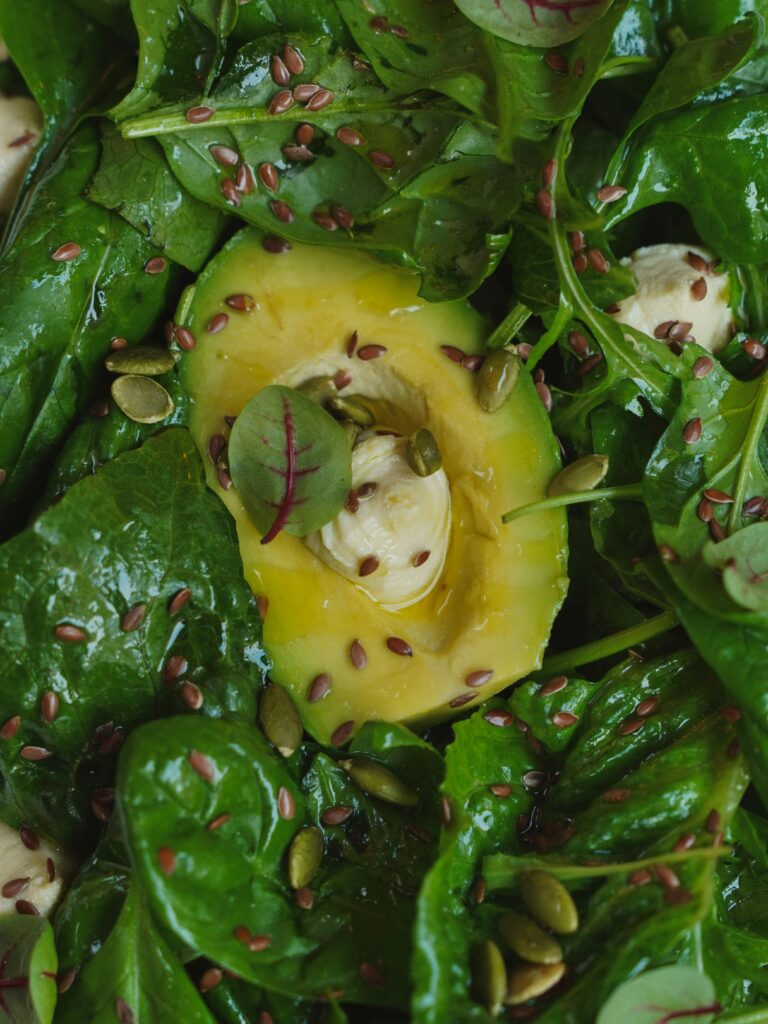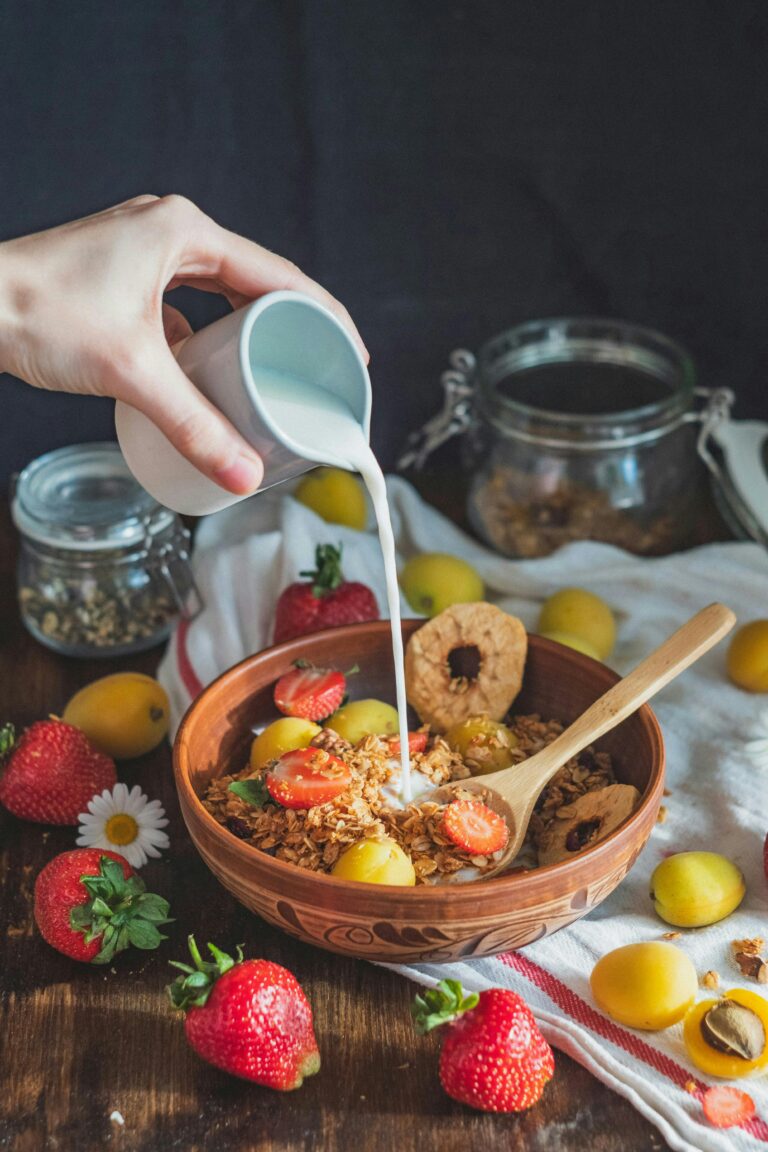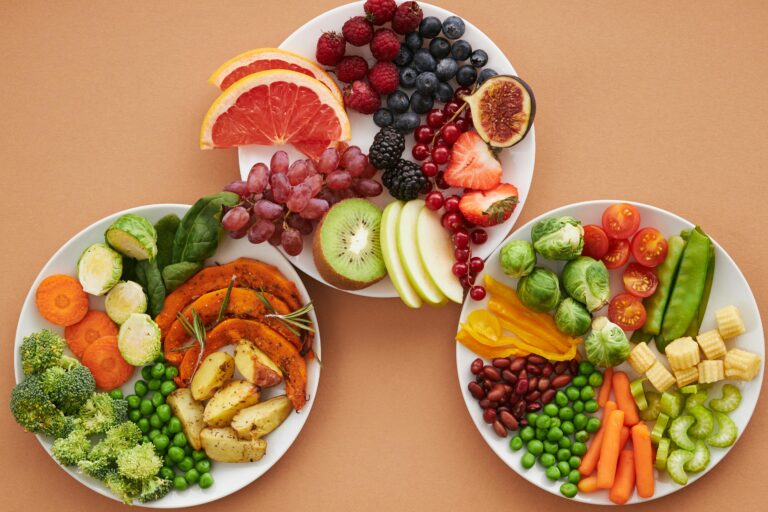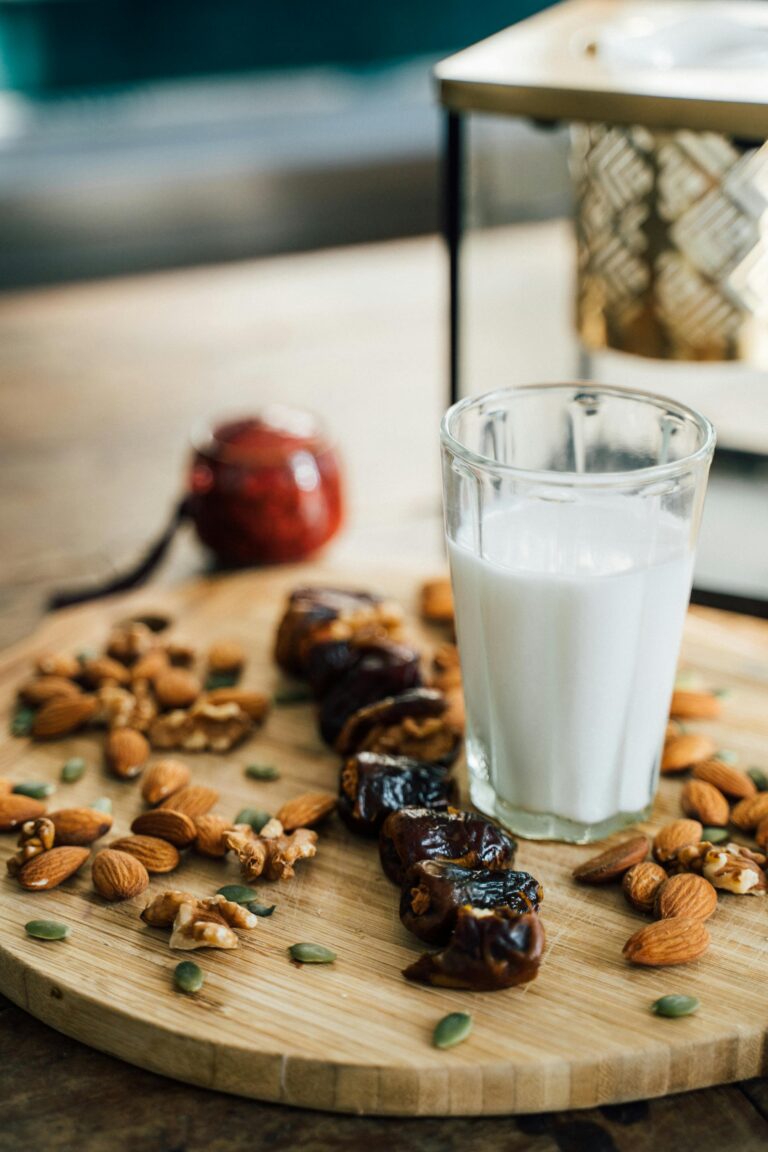Struggling to lose weight on a vegetarian diet? Don’t worry — you don’t need meat to get results. This high protein Indian vegetarian diet will help you feel full, burn fat, and stay energized using simple, plant-based foods. Protein is crucial for muscle repair, appetite control, and sustainable weight loss.
In this guide, you’ll find a complete 7-day high protein Indian vegetarian meal plan, including breakfast, lunch, dinner, and snack ideas to keep you on track.
Why You Need a High Protein Diet for Weight Loss
Protein keeps you fuller for longer, reduces late-night cravings, and helps preserve lean muscle while you lose fat. For vegetarians, getting enough protein can be challenging — but with smart choices like lentils, paneer, tofu, and nuts, it’s entirely possible.
According to the World Health Organization, a balanced diet including adequate protein is essential for maintaining a healthy weight and preventing lifestyle diseases.
Combine your protein-rich meal plan with these natural weight loss tips for faster, sustainable results.
What Makes This a High Protein Indian Vegetarian Diet?
This meal plan includes:
- High-protein Indian foods like dal, chana, rajma, paneer, tofu, and sprouts.
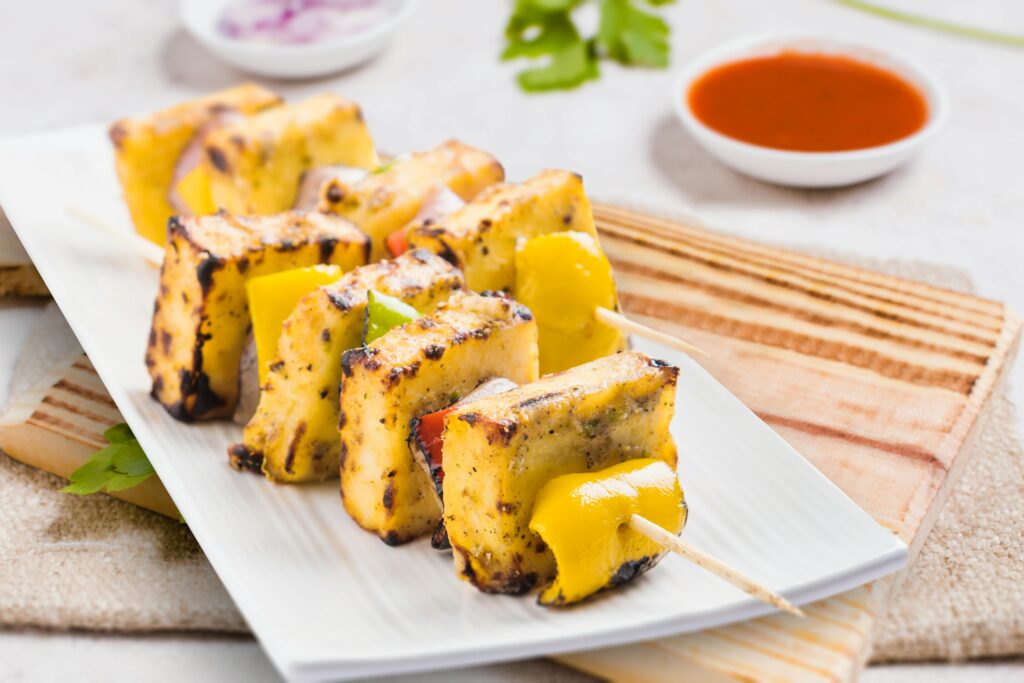
- No meat, eggs, or fish — 100% vegetarian.
- Balanced macronutrients to support healthy fat loss.
- Simple and affordable ingredients you can find in any Indian kitchen.
7-Day High Protein Indian Vegetarian Diet Plan
A well-balanced High Protein Indian Vegetarian Diet can support muscle growth, improve satiety, and help manage weight effectively.
Day 1
- Breakfast: Moong dal chilla with curd
- Snack: Roasted chana
- Lunch: Brown rice + Rajma curry + salad
- Evening Snack: Greek yogurt with chia seeds
- Dinner: Tofu stir fry with multigrain roti
Day 2
- Breakfast: Overnight oats with almond milk and protein powder
- Snack: Boiled moong sprouts with lemon
- Lunch: Quinoa + palak paneer + cucumber raita
- Evening Snack: Cottage cheese cubes with black pepper
- Dinner: Mixed vegetable curry + dal + millet roti
Day 3
- Breakfast: Besan cheela with mint chutney
- Snack: Handful of mixed nuts
- Lunch: Vegetable khichdi with curd
- Evening Snack: Buttermilk + roasted makhana
- Dinner: Soya chunks curry + multigrain roti
Day 4
- Breakfast: Protein smoothie (banana + peanut butter + whey + almond milk)
- Snack: Low-fat paneer tikka
- Lunch: Chole + brown rice + salad
- Evening Snack: Sprout salad with tomatoes and onion
- Dinner: Bhindi sabzi + dal + jowar roti
Day 5
- Breakfast: Vegetable upma with added tofu
- Snack: Hard boiled chickpeas with black salt
- Lunch: Paneer bhurji + quinoa + salad
- Evening Snack: Greek yogurt with berries
- Dinner: Mix dal + roti + stir-fried beans
Day 6
- Breakfast: Poha with roasted peanuts and sprouts
- Snack: Almonds + black raisins
- Lunch: Vegetable pulao + cucumber curd
- Evening Snack: Makhana roasted in ghee
- Dinner: Tofu bhurji + whole wheat roti
Day 7
- Breakfast: Ragi dosa with sambhar
- Snack: Boiled lentils with lemon
- Lunch: Chana masala + brown rice + salad
- Evening Snack: Coconut water + nuts
- Dinner: Vegetable stew + moong dal + millet roti
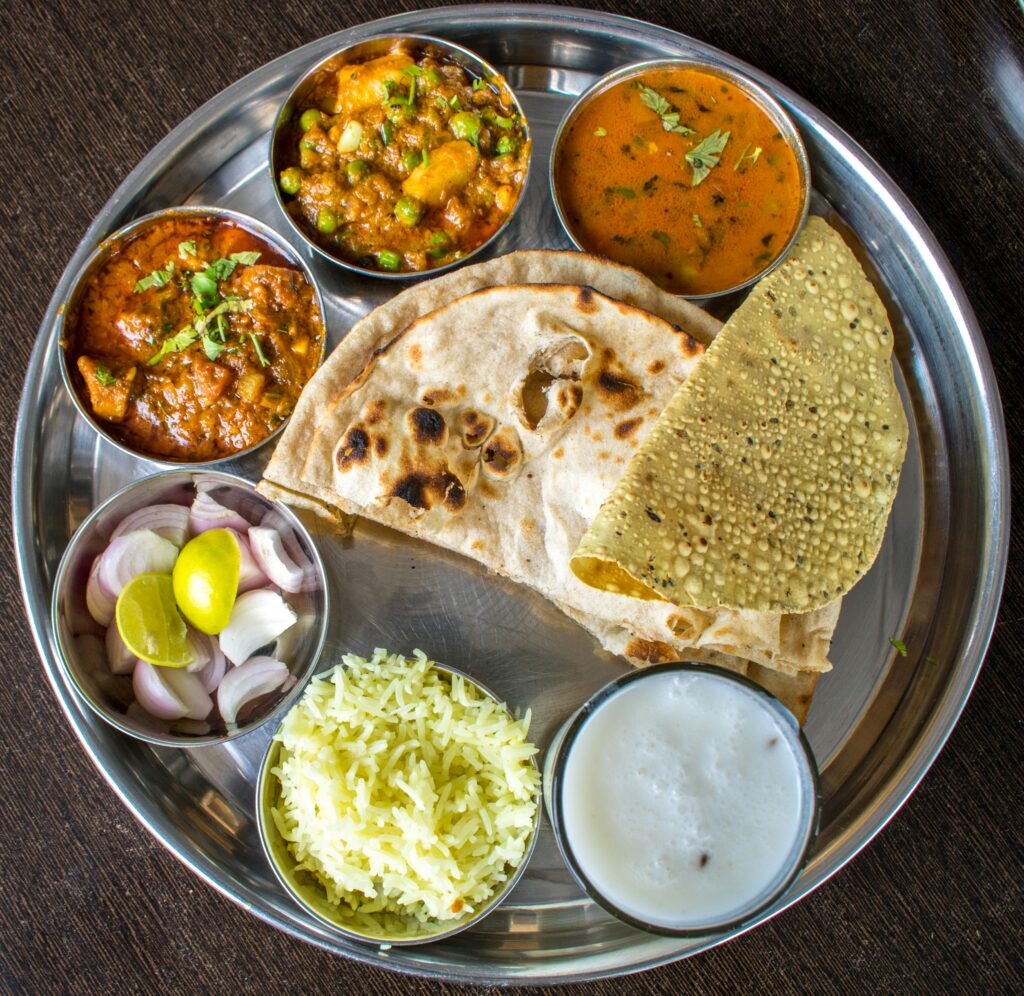
For more high-protein breakfast ideas, check out our dedicated post with simple, Indian-friendly options.
Tips to Follow a High Protein Indian Vegetarian Diet Successfully
- Aim for 20–25 grams of protein per major meal.
- Include plant-based protein sources like dal, chana, soya, and tofu daily.
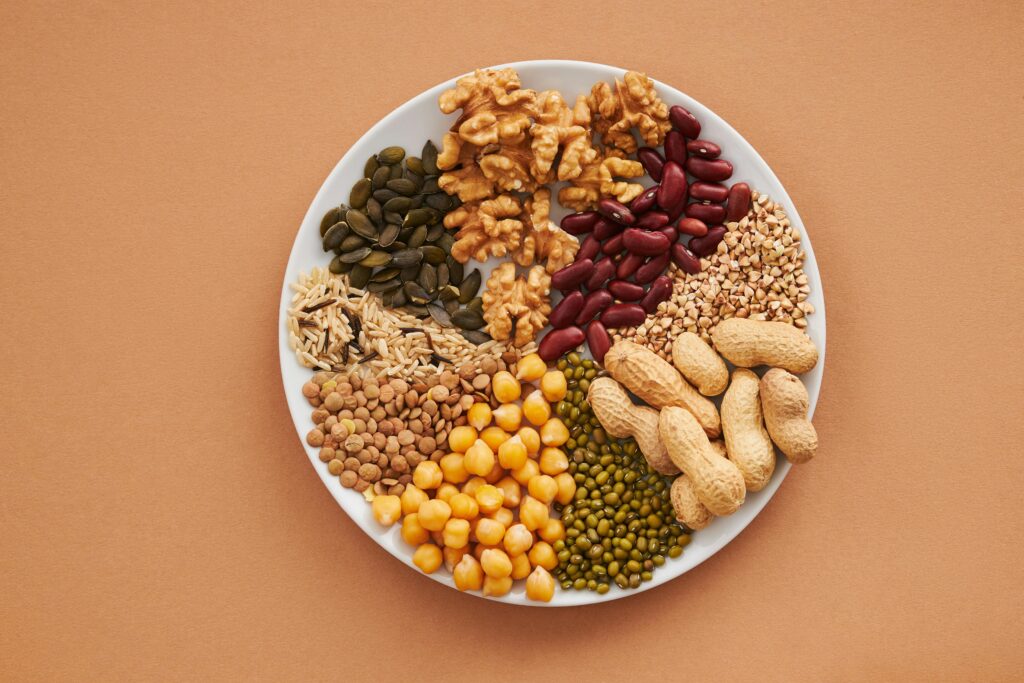
- Combine protein with fiber-rich vegetables to stay full longer.
- Drink plenty of water throughout the day.
- Avoid deep-fried snacks and high-sugar beverages.
Adopting a High Protein Indian Vegetarian Diet isn’t just about hitting your protein goals — it’s a sustainable lifestyle that promotes overall wellness, boosts metabolism, and keeps you energized throughout the day.
Final Thoughts
Following a high protein Indian vegetarian diet can be both effective and sustainable for weight loss and overall health. With the right planning and food choices, you’ll feel full, energized, and strong — without ever needing meat.
Experiment with these meals and adjust portions based on your needs. Remember, consistency is key!
